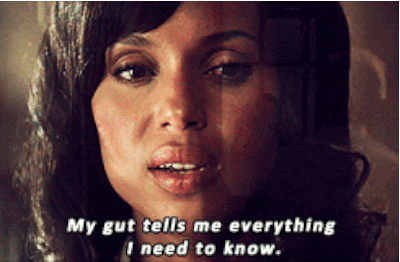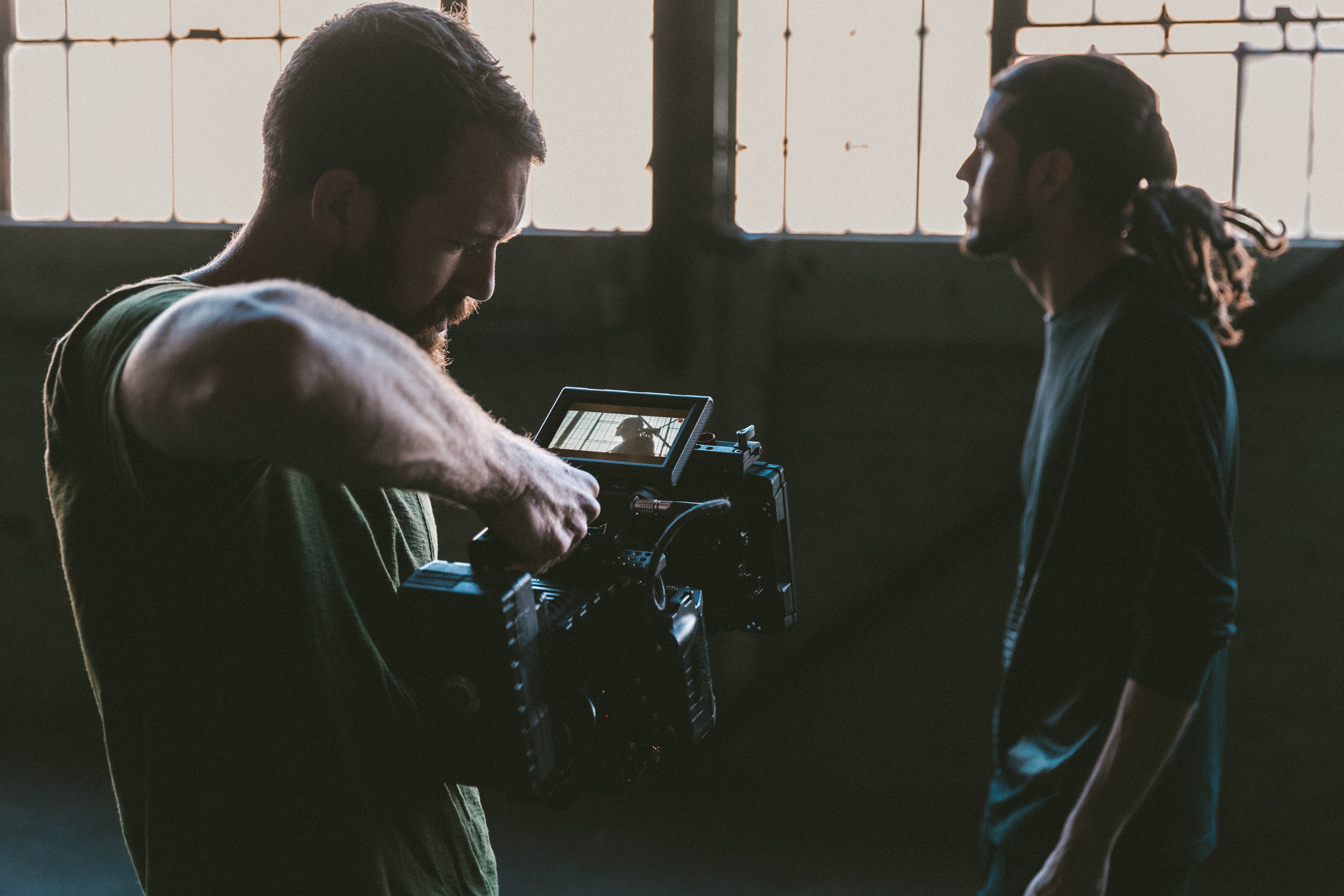A lot of the film projects we work on fall into the documentary category so the “talent” selection process is a little more straightforward. Who speaks best to this subject or has a related story to tell? That’s pretty much it. What the person looks like or sounds like could be factored in, but the story is the main thing. But how do you go about selecting talent for commercials, narrative, or corporate projects?

The weirdest thing to me about selecting talent for scripted film projects is the experience of "shopping for" and scrutinizing human beings.
Talent agencies either offer a searchable directory on their site or curate a list of candidates based on criteria for the project.
For example:
Caucasian, female, 30 - 50. Comedy background.
Ok great. We’ve got Angela, Pamela, Sandra, and Rita. And as I continue… this is feeling awkward.
But it is an extremely important process and over the years, I’ve had a few experiences that have taught me lessons about selecting talent that go far beyond a picture and a resume.
Up-to-date information and experience
One time we wrote a light hearted comedy spot about a mother that needed to figure out a fast dinner option involving potatoes to feed her hungry kids and husband. We cast a young woman through an agency to play the part of a young mother. She had some comedy background, had a great suburban look, and had some nice work on her resume. When the shoot day arrived, all crew and talent showed up as scheduled and we met a much older “young woman” than we had seen in the headshot. Ok, I feel like this talent post may need some extra disclaimers. Remember, I already told you that scrutinizing people is an awkward thing that I don’t love. The actress was gorgeous and had a great bubbly personality, but her headshot was apparently very out of date and the look we thought we were getting was very different. But the biggest issue by far was the fact that she was very uncomfortable delivering short lines without rehearsal. You see, in negotiating a rate to work within the budget we had hired a “day player” meaning this actor would not be doing extra prep work outside the shoot day and would have the skill set to read a few lines and then deliver them on the spot. We had no long takes that lasted more than a sentence or two and could easily cut between lines. Still, she was out of her element and just couldn’t do it. She explained that what she was used to using an earpiece.

Ok, great… use the earpiece.
She hadn’t brought one because we only had the budget for a day player.
Uh… alright. smh
In the end, we used an iPhone and one earbud to DIY our own earpiece setup for her and she delivered the lines. (Side note: It’s an interesting and kind of amazing skill to deliver lines as they’re being read in your ear. Works great for long corporate scripts or even live presentations. In this setting, it meant we had very little flexibility with her pacing.)
Lesson learned. Make sure you have an up to date headshot and that the actor’s skill set is a match for the work you require.
Budget enough time for auditions and negotiating terms
A higher education client hired us to create several commercial spots featuring different “students” that represented the various demographics and degree options in their organization. We narrowed the massive talent pool from 3 different agencies down to 5 actors. Partly due to timeline and budget, we had actors send video auditions and we made our selections from there. All of the shoots went well but one of our actors had a bit of trouble during the shoot with direction and seemed a little overwhelmed. At some point during the shoot, he shared that he was very excited to do this work since he'd never had lines before and mostly did photography modeling. I guess that explains the difficulty. We got what we needed from the shoot but it was an unwelcome surprise especially with the client present, anxious about the shoot and wondering if these spots will be successful when they air. They were. Whew!
Oh yeah, 5 different actors from 3 different agencies meant a lot of different complicated usage terms. And communication breakdown between talent salesmen promising one thing, and project managers communicating another meant that one agency never did reach an acceptable agreement for use in-perpetuity and the client had to pull the spot sooner than they would have liked.
More lessons learned. Check and double check actors’ experience and make sure you have time to react if something is not what you expected. If we had more time we could’ve gone back to the agency for more options. Similarly, we should’ve spent more time understanding all of the usage terms and negotiating what we needed or passing on the agencies that didn’t work.
Listen to your gut and have a back-up plan

Older and wiser from our earlier talent adventures, we dove into a massive commercial project with a great client featuring actors, location with lots of set dec., and a big crew. The talent selection process this time was much more organized. We held multiple rounds of auditions, call backs, and even had a wardrobe fitting. (This is a great idea, by the way, if you’d prefer not to discover someone’s pants don’t fit on your shoot day!) We made our selection and continued on with preproduction.
Our producer pointed out a few odd things to me as we worked through the talent process that alone didn’t add up to much but taken as a group, started to raise some red flags about an actor. We were so interested due to his look and experience that we worked with his agent to schedule a callback audition. His callback audition was great but something seemed off. Still, he seemed like he'd be great in the role. Then he missed a fitting with the client. Shoot. Something else was going on that was clearly affecting his work. We finished the makeup fitting, he left, and we began discussing options. The shoot was only a few days away. As director, I decided to call him and let him know that I knew what was going on. We finished the call with the understanding that he needed to be on time to the shoot and be ready to deliver professional work for the duration of the shoot day. Although at this point, I had major concerns.
The good news, our talent was on time, and ready to rock. The bad news… 2/3rds of the way through our shoot he ended up needing to leave for personal reasons. Through some quick thinking, reworking the shot schedule, and using stand-ins for some detail shots we finished the shoot and ended up with a commercial that made us all really proud. But I know how much better it could have been and how much smoother the whole process would’ve been if we’d listened to our gut early on. Thankfully we did have a backup plan, involving the shot schedule if he couldn’t finish, and it saved the shoot.
These are just a few of the lessons we’ve learned by experience working with talent. The process can sometimes feel awkward, but it’s definitely worth taking your time and doing it right. When everything comes together and you land great talent it’s really cool to see an experienced actor bring a project to life.
This entry was posted in Video, advice, film making

